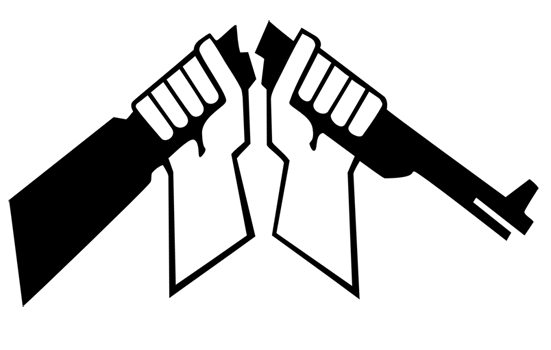In the current military service system in Finland, every Finnish citizen defined as a male is a conscript in the year he turns 18. The call-up will record the service eligibility of new conscripts, the place of service for those eligible for service, and the date of service for those who serve. A letter of invitation or the call-up itself itself usually does not provide enough information about alternatives to military service.
In the early part of the year, conscripts will be sent a call to call-up, a questionnaire on service and health, information on pre-health check, and an army guide. In order to obtain sufficient information about civilian service or other ways refuse from the army, a person must independently search for information on the websites of the Union of Conscientieus Objectors and the Civil Service Center.
Advance health check
Pre-health screening takes place before the call-up, typically on the premises of your school. An advance questionnaire will be submitted to the pre-health examination, which will influence the determination of service eligibility. If you intend to obtain an exemption for health reasons, it is a good idea to state the reasons already on the form and in the pre-health examination. The nurse and the authorities are bound by the oblication of confidentiality.
The form does not apply for civilian service, but the application can be made at the call-up. Instead, you should already indicate in the form if you wish to postpone the date of commencement of service.
The consciption ceremony
The date and place of the call-up will be indicated in the letter. The call-up is organized by the army together with the municipality. An official ID must be within in the call-up. If you have a medical certificate for exemption or a study certificate, you must bring them with you. Civilian service applicants can print out their civilian service application in advance.
The call-up begins with a roll call, continues with a presentation of military service, and ends with a visit to doctor and the calling committee, which determines eligibility for service and a possible place of service. Your doctor will recommend your eligibility, but the final decision will be made by the conscription ceremony committee.
In addition to these, the call-up can include a variety of spectacles, from the performance of a military band through patriotic speeches to the possibility of testing flight simulators. The event may require military conduct by participating persons. Psychological influences are aimed at appealing to young people's sense of duty and turning conscription into a positive and interesting opportunity.
There is very little, if any, mention of alternatives to military service. Group pressure can be created by speeches that belittle or distort conscientious objection. In some cases, civilian service applications are placed in a separate location from where they must be taken while everyone is watching. There are also cases where the conscription ceremony committee has questioned the choice of conscientious objection. However, such a belief test is illegal.
Conscientieous objection and call-up
You can apply for civilian service in the call-up by filling out a civilian service application. The call-up committee must approve a signed application stating that personal beliefs prevent the military service. There is no need for the committee to provide any justification or ask for it. After the application for civilian service has been approved, the conscript will become a civilian servant and the processing of his service will be transferred to the Civil Service Center.
Total objectors often apply for civilian service in the call-up and then send a notice of denial to the Lapinjärvi Civilian Service Center. You can also refuse by applying for militarty service and announcing your refusal on the day you enter the service.
Exemption decisions, both at and after the call-up, are generally consistent with the medical report obtained by the conscript, but may be different. The jury is not bound by the civil doctor's opinion. On the basis of a pre-medical examination and his own examination, the doctor in the conscription ceremony shall recommend to the Board either a person's release from military service for peacetime (c-rating), a temporary release for a maximum of three years (e-qualification) or a person's eligibility (a and b).
Refusal from call-up
A person who refuses from conscription ceremony, will receive a fine and a new order to attend. Forgetting invitations is also treated as omission. In addition to the actual call-up, so-called extra checks are organized.
Repeated refusal will result in a fine cycle, which, however, violates international law and is subject to appeal as soon as another fine is received. If you are planning on embarking on a denial round, contact union of conscientious objectors for assistance with your appeal.
The right to fair access to information is not fulfilled
If you feel you have been given incomplete or incorrect information on alternatives to military service during the call-up, or have been treated inappropriately, contact the Union Of Conscientious Objectors.
You can also participate in the call-up campaign by sharing information about alternatives to military service before the start of your local call-up.
